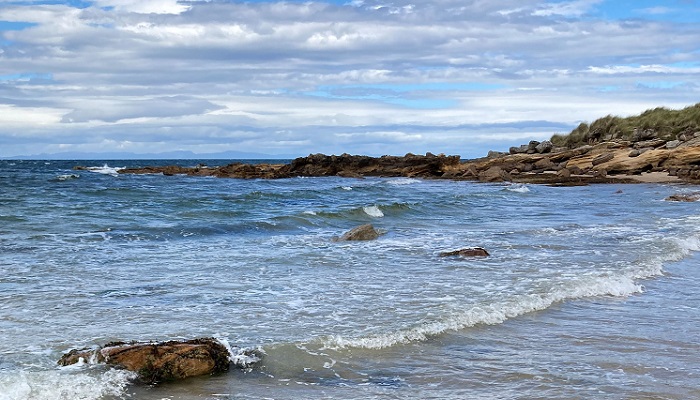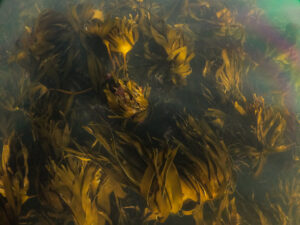Marine
Bringing the ocean into climate conversations
September 27, 2023 by Marine Directorate Communications No Comments | Category Blue Carbon, Climate Change, Marine Environment, Marine Renewables, Ocean Acidification, Oceanography, Scottish Blue Carbon Forum, Scottish Coastal Observatory
Scotland’s Climate Week is an annual event in Scottish Government’s Let’s Do Net Zero campaign which encourages individuals, communities and businesses to come together to show support for tackling the climate emergency. It’s also a great opportunity to share success stories which can inspire others to take action.
Climate Conversations are one way to create a ripple effect of positive actions. The Climate Conversations Pack is a great resource to help you get the conversation started with your friends, family and colleagues.
Talking about the ocean
The ocean is also important for the Earth’s climate and the ocean has taken up nearly 90% of the additional heat trapped inside our atmosphere. The impacts of climate change and ocean acidification are already observed across marine ecosystems, including here in Scotland.
However, in a recent survey exploring understanding of the marine environment we found that several marine terms relating to climate change were not well understood. For example, over 50% of respondents had never heard of, or understood, terms such as: blue carbon, carbon sequestration, and ocean acidification.
To help get those climate conversations going this week, we’re looking at some of these lesser recognised marine terms by finding out what they mean and the work we’re doing in each area.
Blue carbon is the carbon captured and stored in marine and coastal ecosystems that accumulates over time through natural processes. Blue carbon habitats include: saltmarshes, seagrasses, kelp beds, biogenic reefs and geological sedimentary stores, such as seafloor and sea loch sediments.
You can find out more about our Blue Carbon work on the Scottish Blue Carbon Forum website.
Carbon sequestration is the process in which carbon dioxide (CO₂) is removed from the atmosphere and subsequently stored through biological, chemical, or physical processes. Carbon dioxide is one of the greenhouse gases in the atmosphere that affect the planets temperature. The capture and storage of carbon dioxide occurs naturally in forests, peat lands, microscopic plankton and other marine habitats.
Carbon sequestration and storage is a human activity where carbon dioxide is captured from an industrial source and is stored in underground geologic formations, or rocks.
Ocean acidification is the change in the chemical balance of the sea caused by the uptake of carbon dioxide released into the atmosphere by human activities. This process is making the oceans more acidic and is creating corrosive conditions that might impact plants and animals with calcareous shells. The monitoring site at Stonehaven, operated by the Marine Directorate of Scottish Government, helps us to assess the potential biological impacts of ocean acidification and climate related changes to the plankton community.

Examples of calcifying plankton monitored in Scottish waters: coccolithophore (left), pteropod (centre) and bivalve larvae (right) observed under light and electron microscopy (right)
Check out some of the resources on the Net Zero Nation website too, there are great examples of what we’re doing already and how you can make more planet-friendly decisions, whether looking for more environmentally conscious transport options or considering how best to protect and restoring nature.
Further information
Celebrating 25 years of environmental monitoring
Ocean literacy survey: headline findings
An investigation in Scottish coastal waters – Ocean Acidification Week 2021
Tags: blue carbon, climate change, coastal monitoring, environment, Let’s Do Net Zero, Marine Directorate, marine environment, net zero, Ocean Acidification, SCObs, Scottish Blue Carbon Forum, Scottish Coastal Observatory, Scottish Government, Stonehaven




Leave a comment